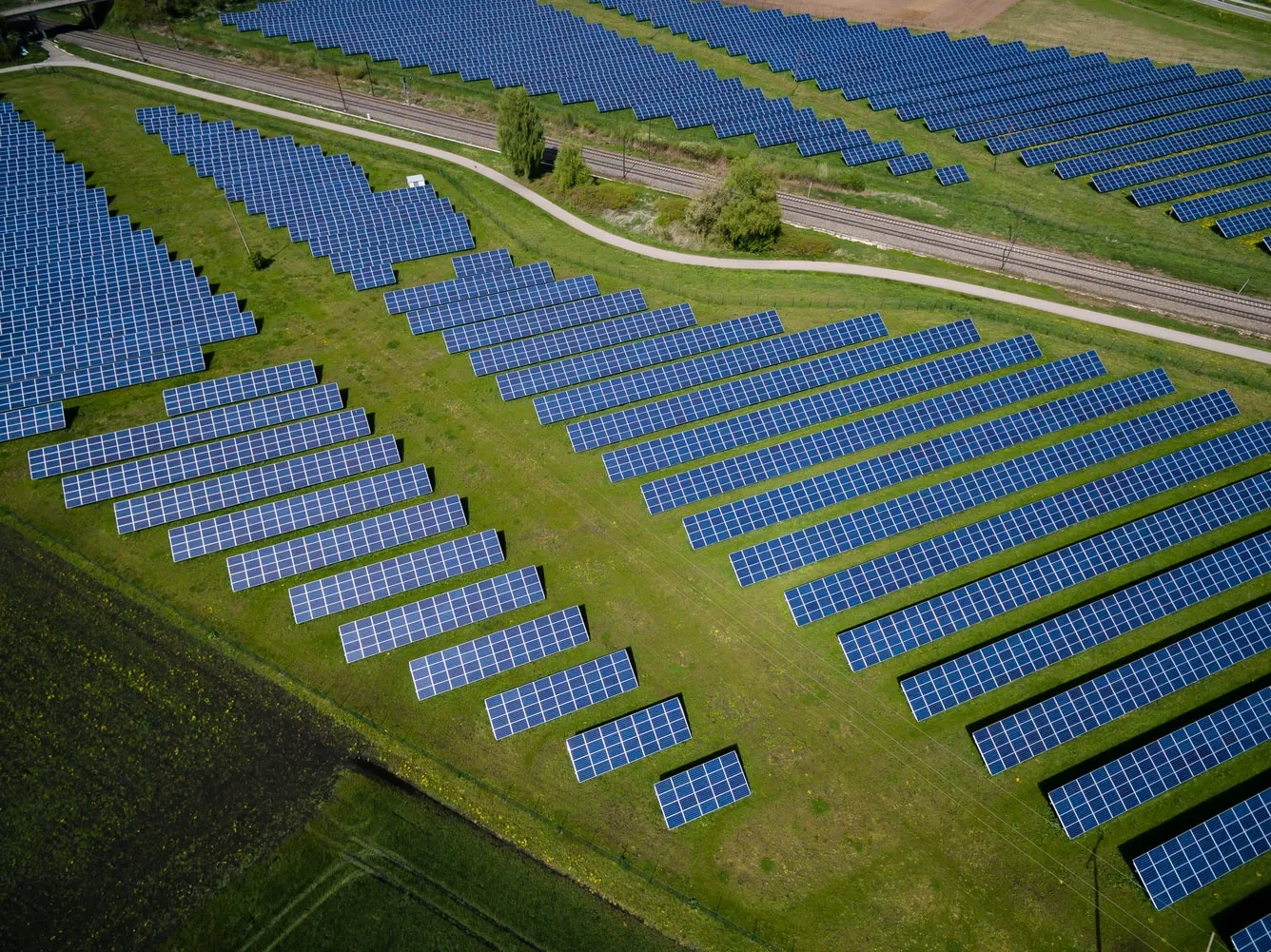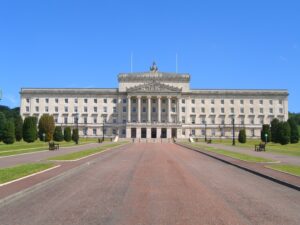After two years of cold storage, political parties went through a rapid thaw to re-establish the political institutions of Northern Ireland. Within one week of the DUP opting to re-enter power sharing, the assembly was recalled, ministries were carved out and the first executive meeting of the 7th assembly took place. This is just the beginning of what will be a defining number of years for the energy sector in Northern Ireland. In this article the EAI sets out what areas should be prioritised for the in-tray of the new executive.
The first most pressing issue is the creation of a NI renewable energy support scheme (RESS). The absence of such a scheme has caused prospective investment and capital being diverted away from NI. Naturally, this is a major concern for a region which is seeking to reverse the tide of investment being poached to the Republic or Britain
Consultation on the broad design considerations for a RESS in NI was conducted by the Department for the Economy (DfE) while the Assembly was on ice. Now, there is clearly a need for political momentum to push for and fund this scheme.
Smart metering is the cornerstone to delivering effective demand-side management. However, the wide scale rollout of smart meters to every household and business has not just fallen behind, it has outrightly not happened.
A cost-benefit analysis was prepared by the DfE with KPMG investigating a range of rollout scenarios. This cost-benefit analysis illustrated that the “rapid” rollout scenario aiming to be completed by 2027 is the optimal option. Clearly Economy Minister Conor Murphy will have to also act rapidly or risk endangering NI’s ability to deliver active demand side management.
As the Celtic Interconnector between France and the Single Electricity Market (SEM) approaches, questions regarding the reintegration of the SEM with EU electricity markets will come to the fore. Given that power-sharing collapsed over disputes regarding post-Brexit trade arrangements, there may be little appetite for another EU showdown.
Add into the mix the newly formed “Windsor Framework Democratic Scrutiny” committee. This committee is focused on scrutinising proposed EU laws with the potential to act as a “Stormont brake”. This “brake” is a mechanism that gives the NI Assembly the power to object to changes to EU rules that apply in Northern Ireland. The question as to whether the Celtic interconnector could pump this brake remains to be seen.
In the meantime, the Executive and wider Assembly has plenty on its plate to keep itself busy. Although there has been an outpouring of positive signalling from all parts of the political spectrum, all it takes is for one cold front from any direction for NI’s political institutions to return to an icy winter.


